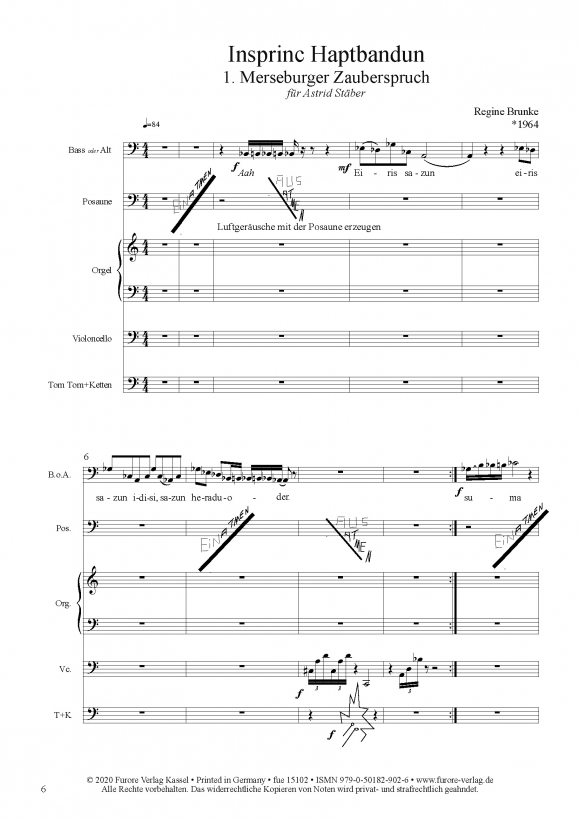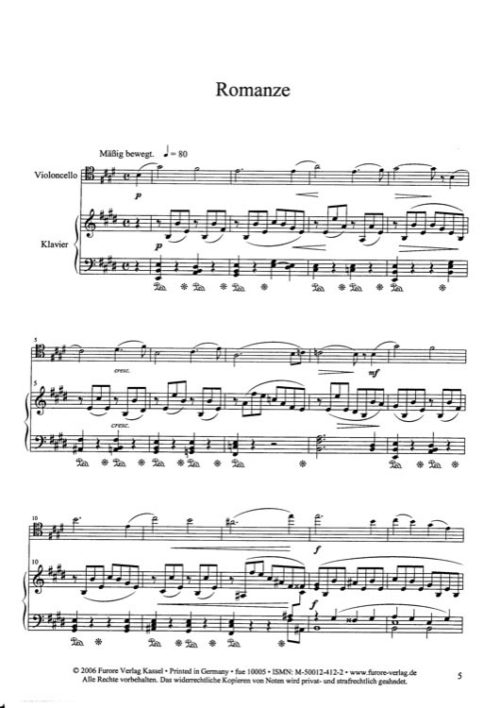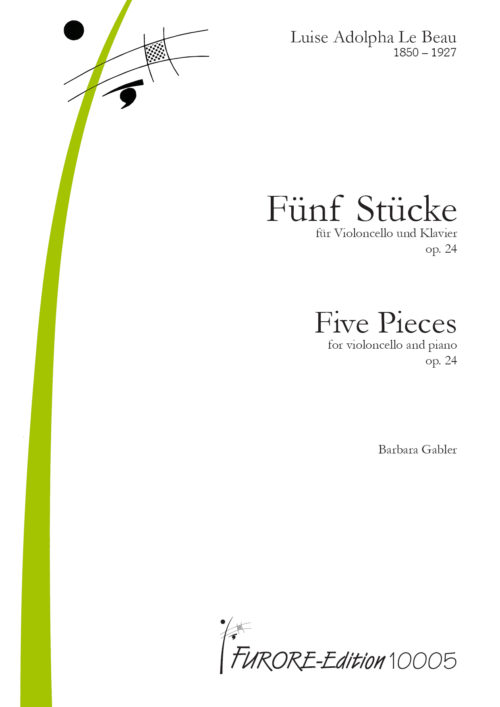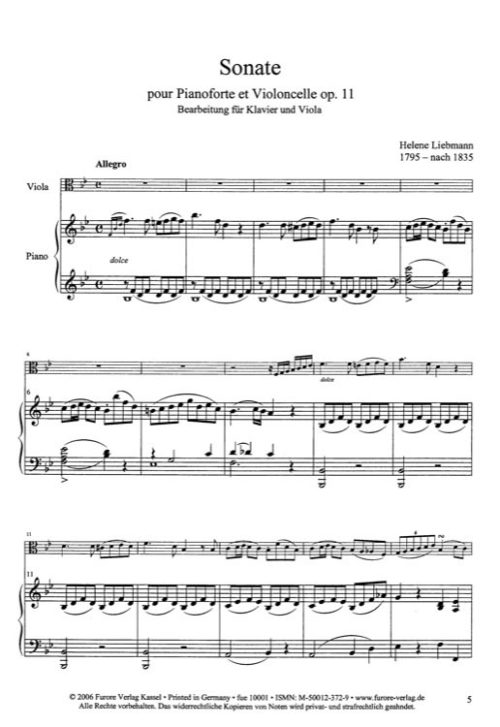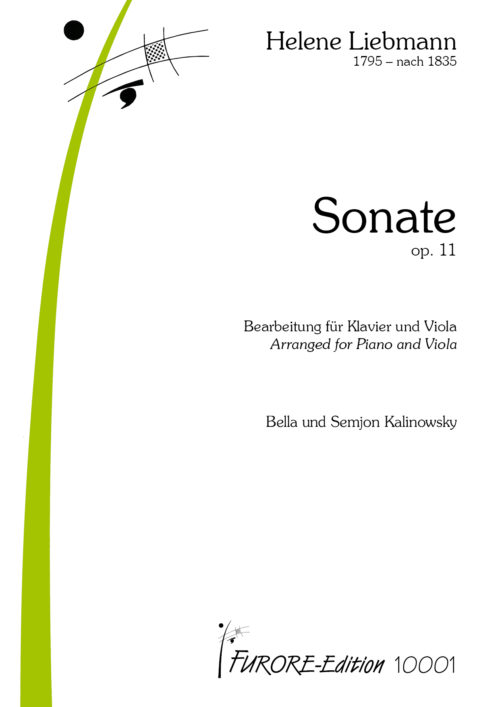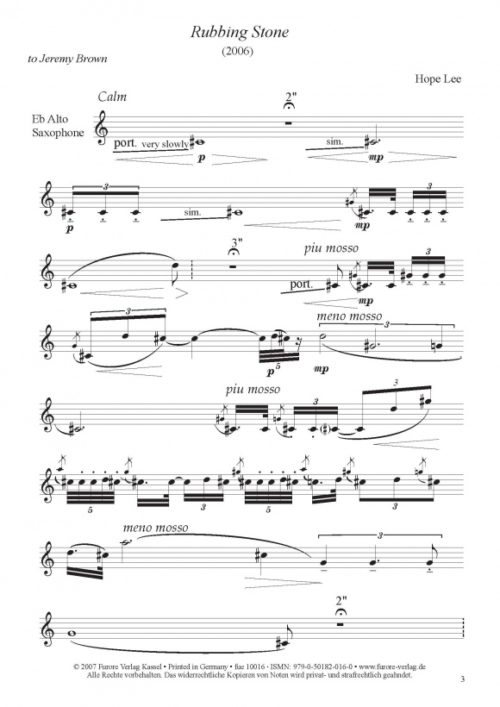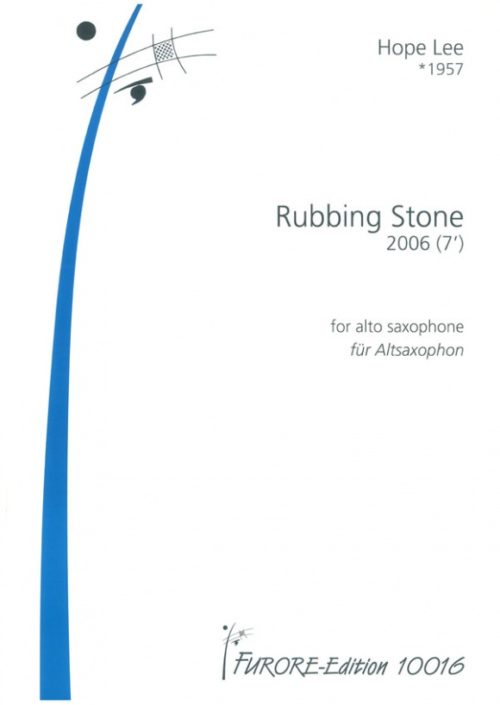Description
Instrumentation 1. Zaubervers: solo voice (bass or alto), violoncello, organ positive, trombone, tom-tom and metal chains
Instrumentation 2. Zaubervers: solo voice (bass/baritone or alto/mezzo-soprano), violin, violoncello, organ positive
Edition: score and part
Year: 2020
Weight: 270g
The compositions Cantus, Insprinc Haptbandun and Uolon fascinate in a variety of ways, especially through the expressive sound of the Old High German language and the unusual cast. Stagings as singing games or short operas are ideal. Concert performances in connection with or without a reading are attractive. Opportunities for performances are among other: Concert series and avant-garde festivals, theaters and small opera stages, universities and museums (ancient history and ancient language faculties and exhibitions), medival festivals and concerts, literature festivals.
From the foreword by the composer
In 2012 I discovered several Old High German poetic finds from the 9th century in the Landes- und Murhardschen library in Kassel, which were made accessible to literature by the Brothers Grimm in 1812. What actually began as an artistic commission for the city of Kassel for the Grimm anniversary has never let go of me since then. The sound, linguistic rhythm and content of the archaic text fragments are testimonies from an ancient world, shaped by pre-Christian spirituality and strength.
Insprinc Haptbandun and Uolon are the names of the two cantatas whose contents refer to the Merseburg magic spells. (Volume 2)
The instruments in the compositions embody the archaic, imaginative imagery of healing magic used in the texts. The violin stands for the slightly prancing foal, the organ for the wind, the tom-toms for the thunder, the thrown, pulled and shaken chains for liberation, the trumpet for a giant prophetic bird, the violoncello for the light of the sun’s rays. The reciters are wanderers between worlds and the singers sing the song from the clouds.


